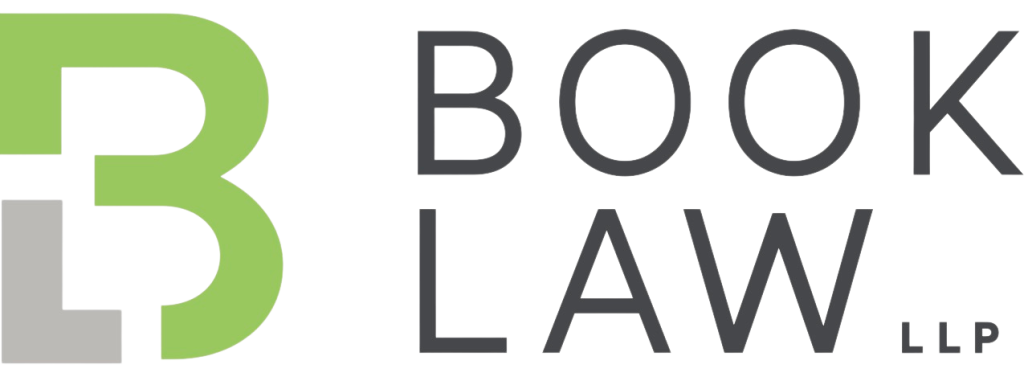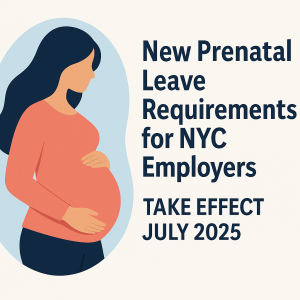This year has brought several changes to the employment law landscape in New York, and the trend is continuing into 2024.
The New York State Human Rights Law prohibits employers from discriminating against an individual on the basis of a protected category. Protected categories under New York law include age, race, citizenship, sexual orientation, and disability, among others. Employers are prohibited from refusing to hire an applicant or discharging an employee because of a protected category, and employers are prohibited from discriminating against workers in terms of compensation or conditions of employment based on a protected category. The law prohibits sexual harassment in the workplace and prohibits retaliation against workers who complain about unlawful practices.
The New York State Division of Human Rights (NYSDHR) is the state agency that enforces the New York State Human Rights Law. In 2020, the NYSDHR extended the statute of limitations for filing sexual harassment complaints from one (1) year to three (3) years. Other forms of discrimination continued to be subject to a one (1) -year statute of limitations. With a new amendment, effective February 15, 2024, the NYSDHR will extend the statute of limitations to three (3) years for the filing of all claims of discrimination or harassment.
Employers should be vigilant with claims of discrimination and should be aware that workers will be permitted three (3) years in which to file claims of discrimination with the NYSDHR. It should be noted that there is already a three (3) year statutory period to file state discrimination claims in a state court and, unlike the EEOC, which enforces federal discrimination laws, the NYSHRL does not require an employee to first file with the NYSDHR. Employers should also remember that prohibitions on unlawful discriminatory practices apply to both employees and non-employees, including contractors, subcontractors, independent contractors, or consultants providing services in the workplace, as well as interns who perform work for an employer for the purposes of training.
Employers should ensure they have proper anti-discrimination policies in place, as well as ensuring that their employees complete New York State’s mandated sexual harassment training each year. If you have questions regarding the development, implementation, or compliance with such policies, please contact Chaim Book at CBook@booklawllp.com or Sheryl Galler at SGaller@booklawllp.com.


